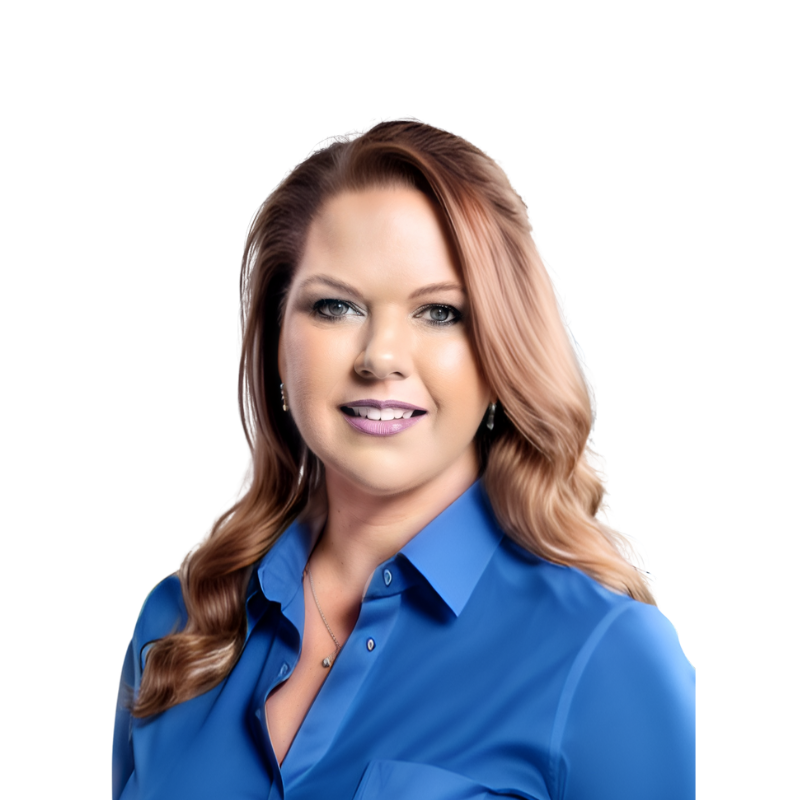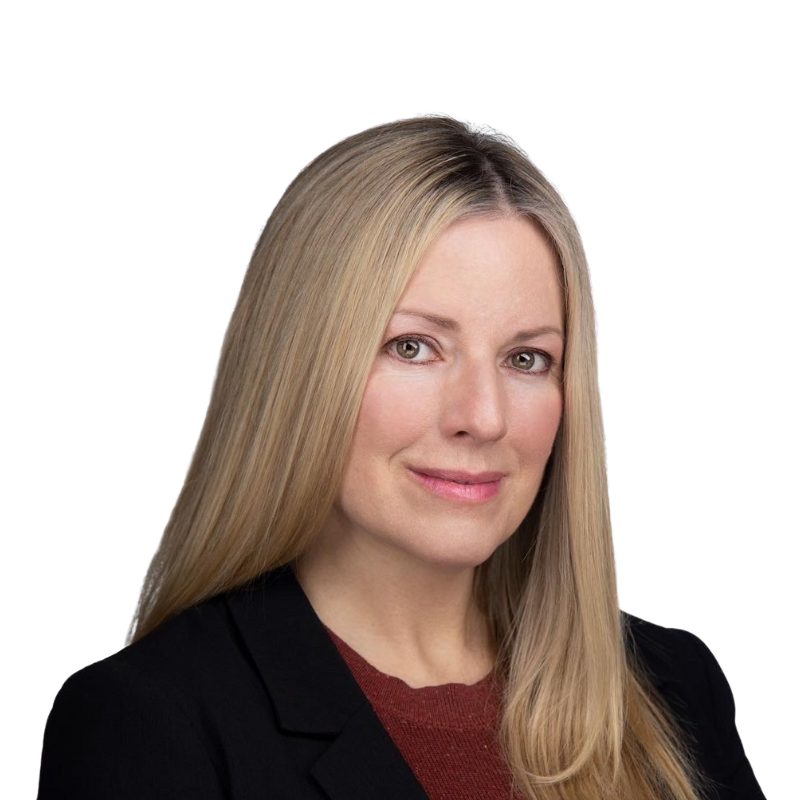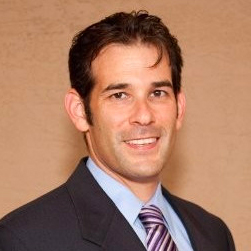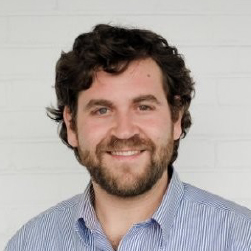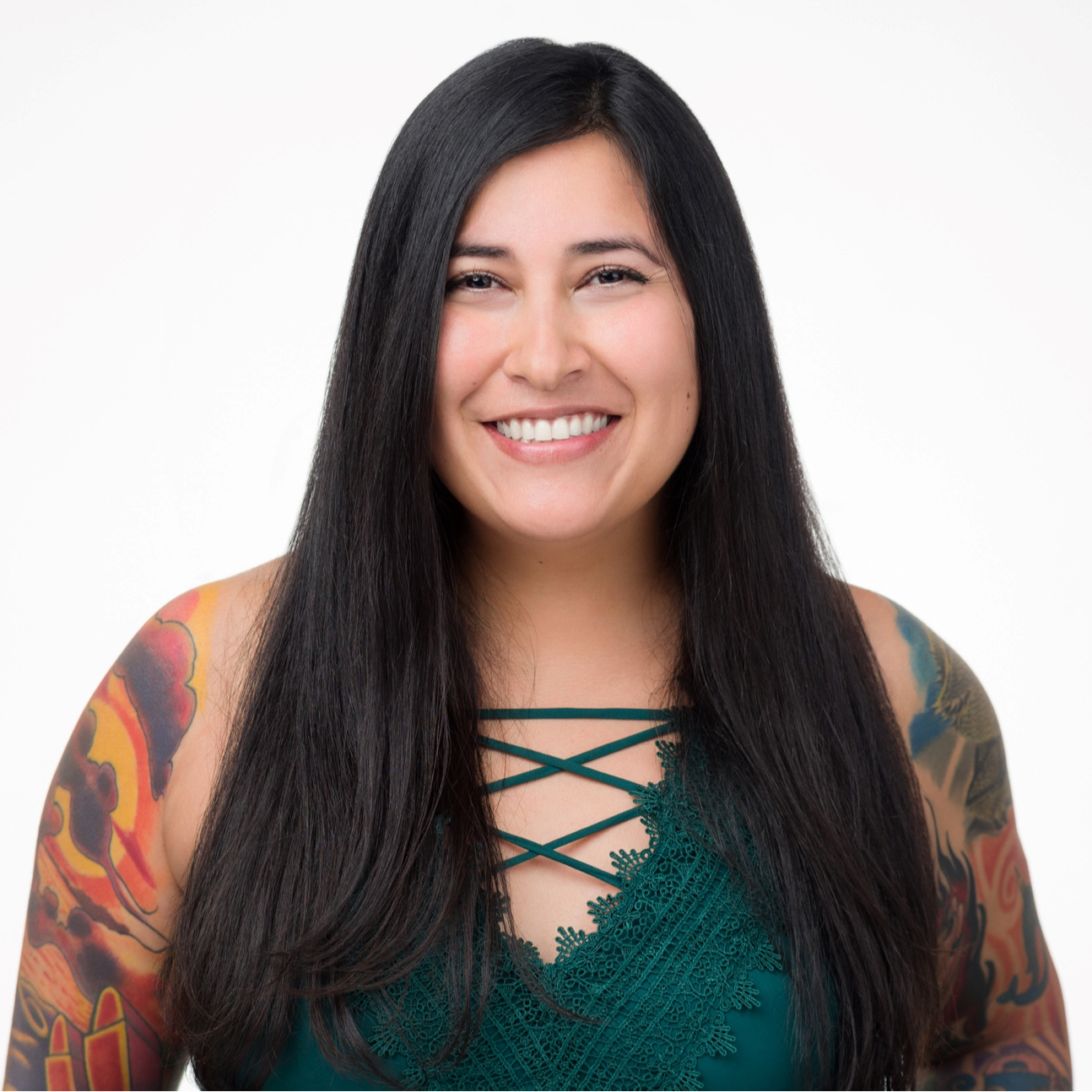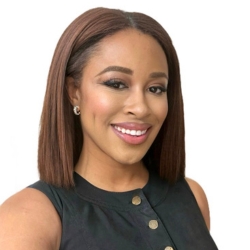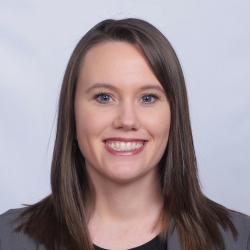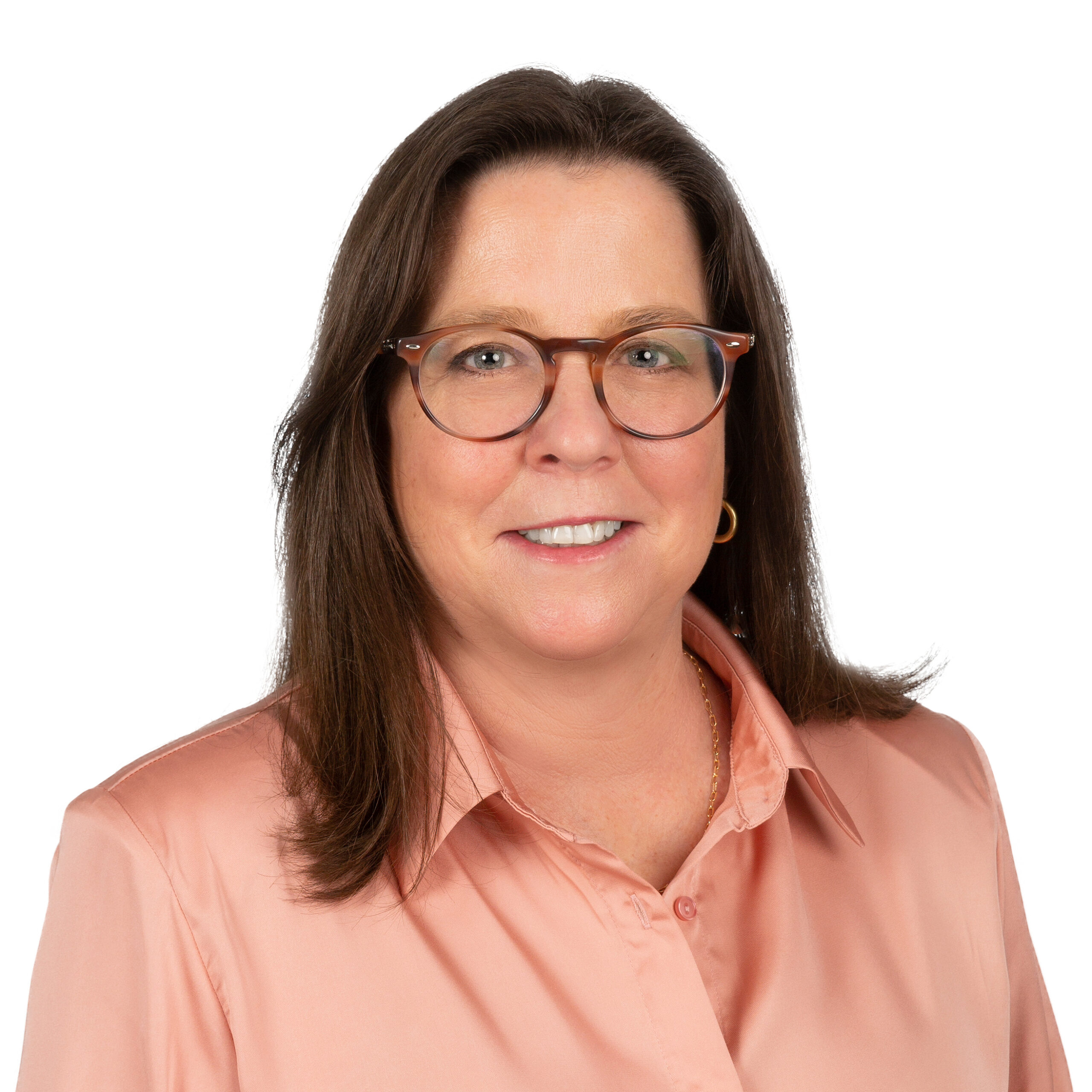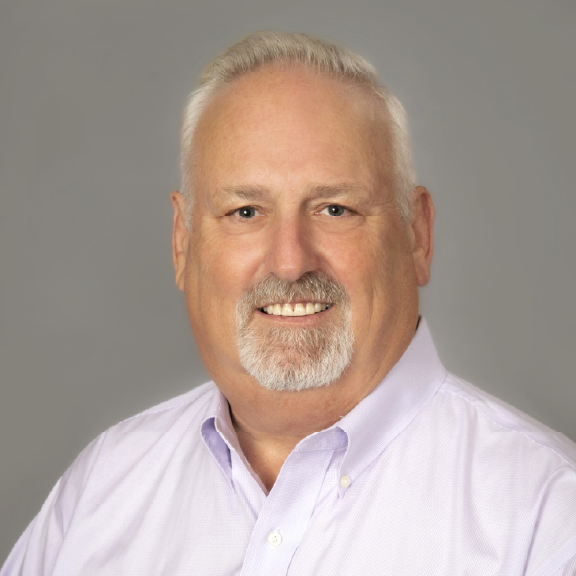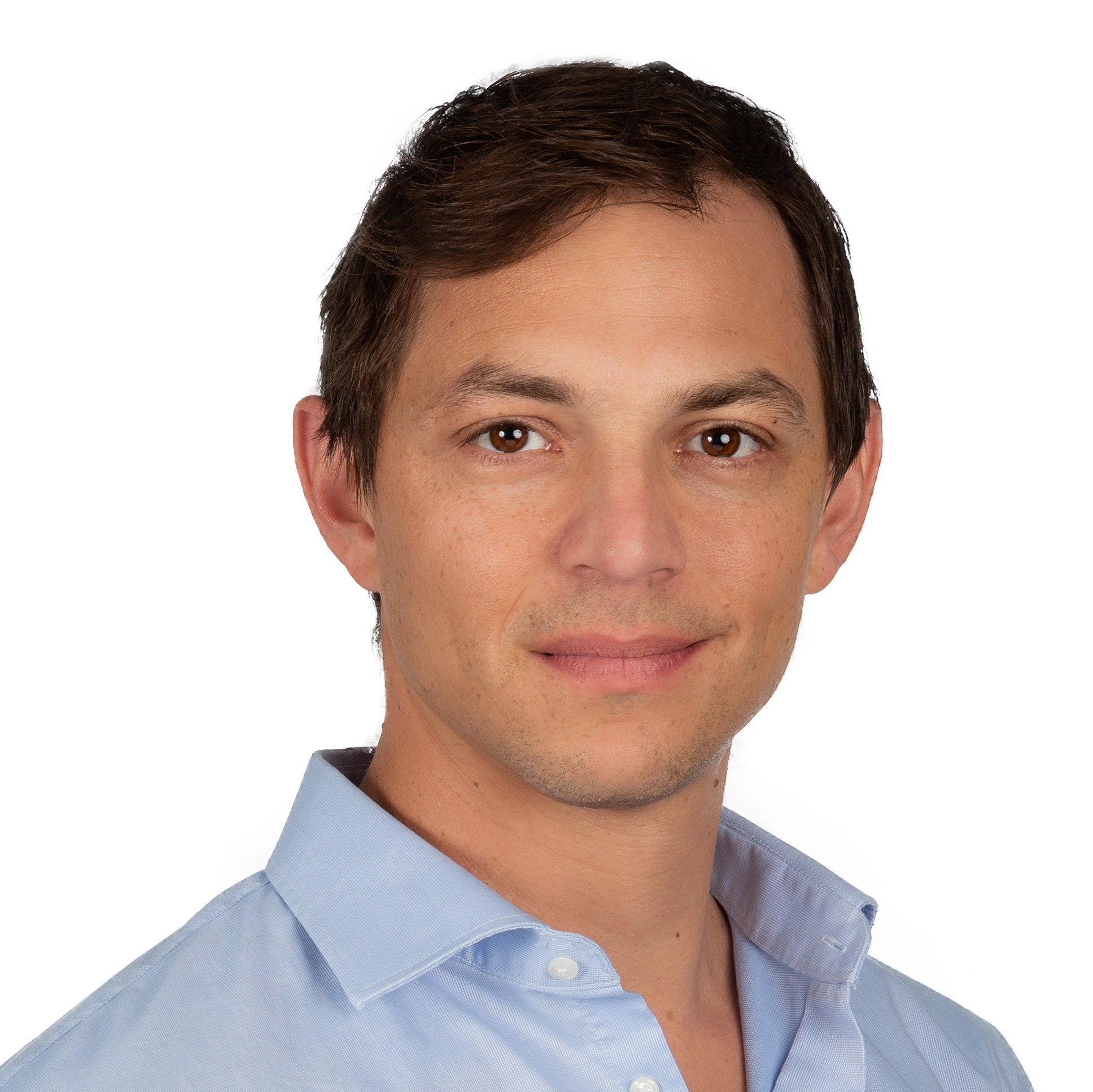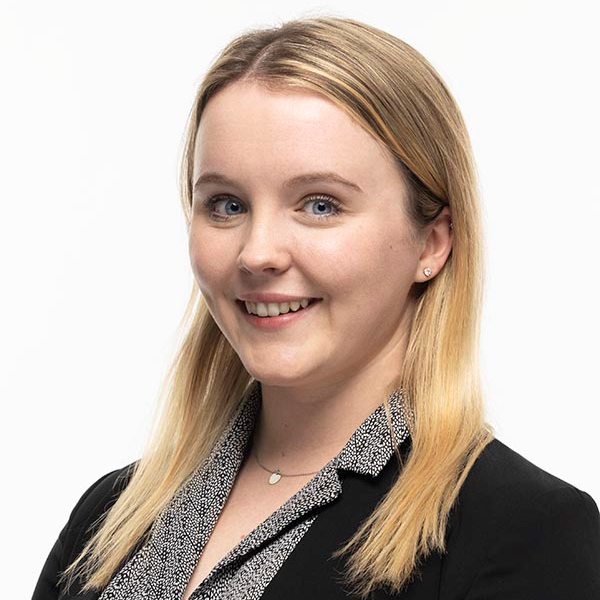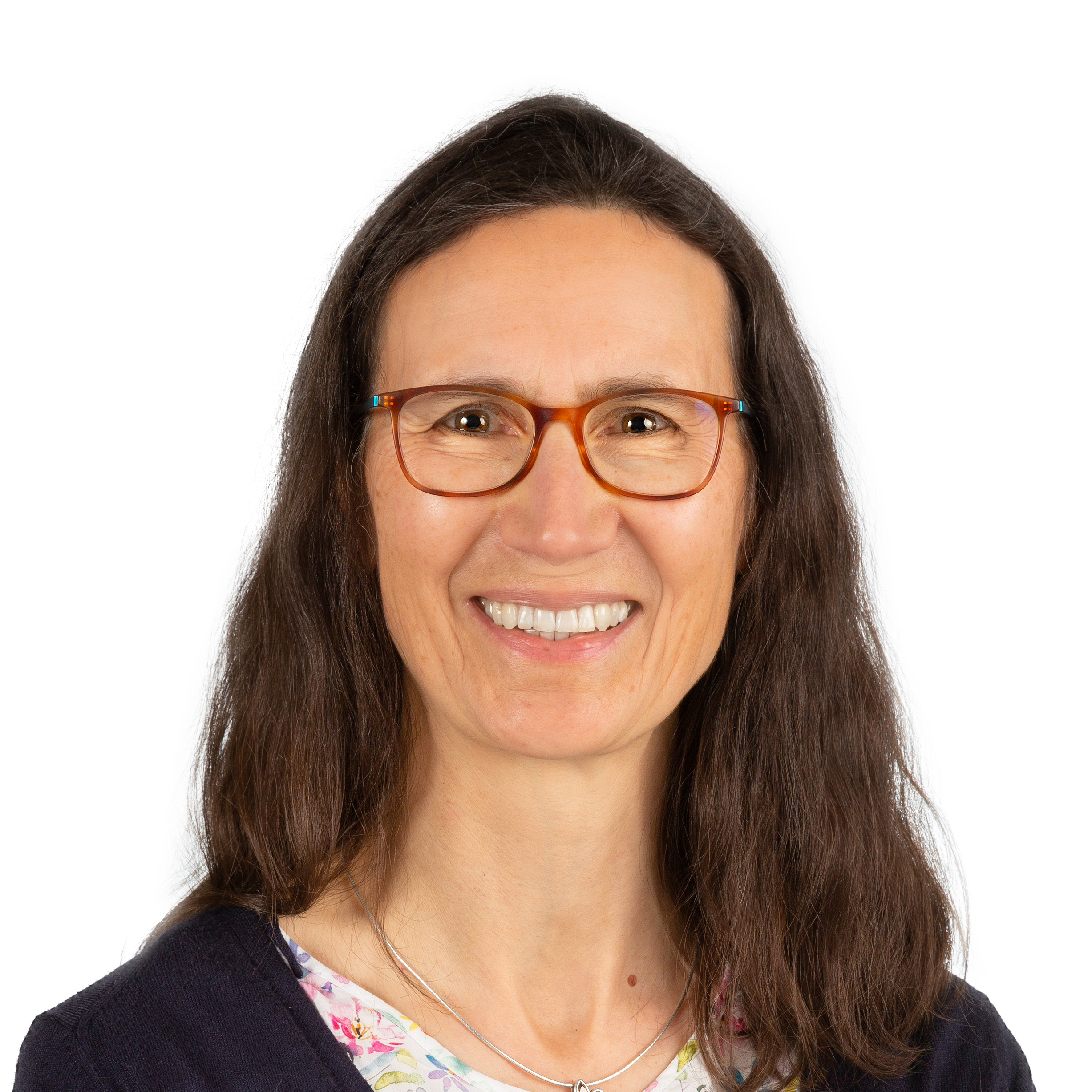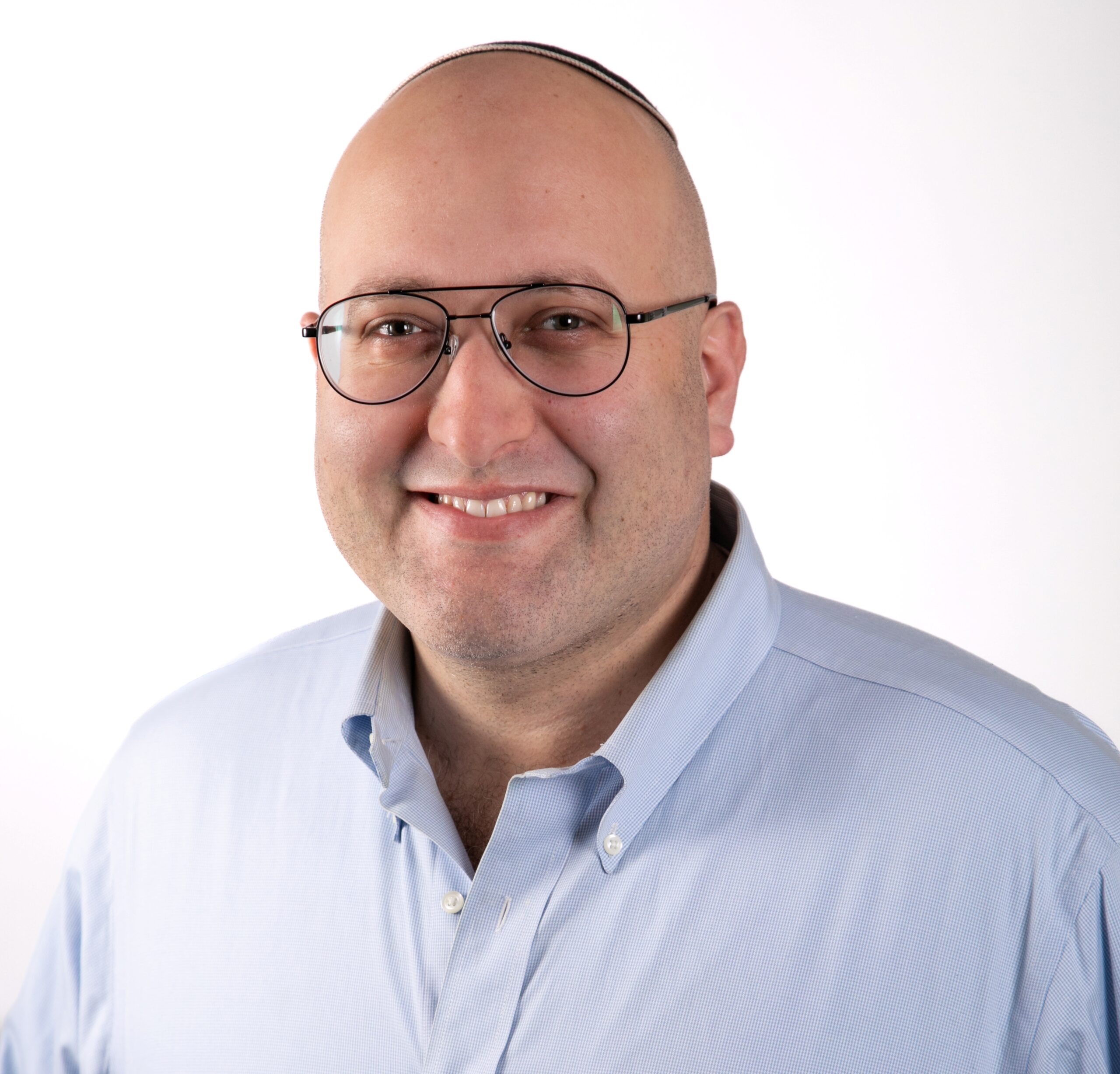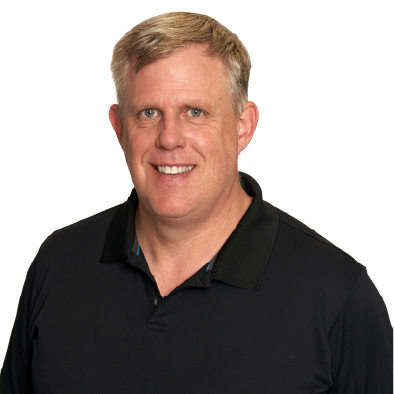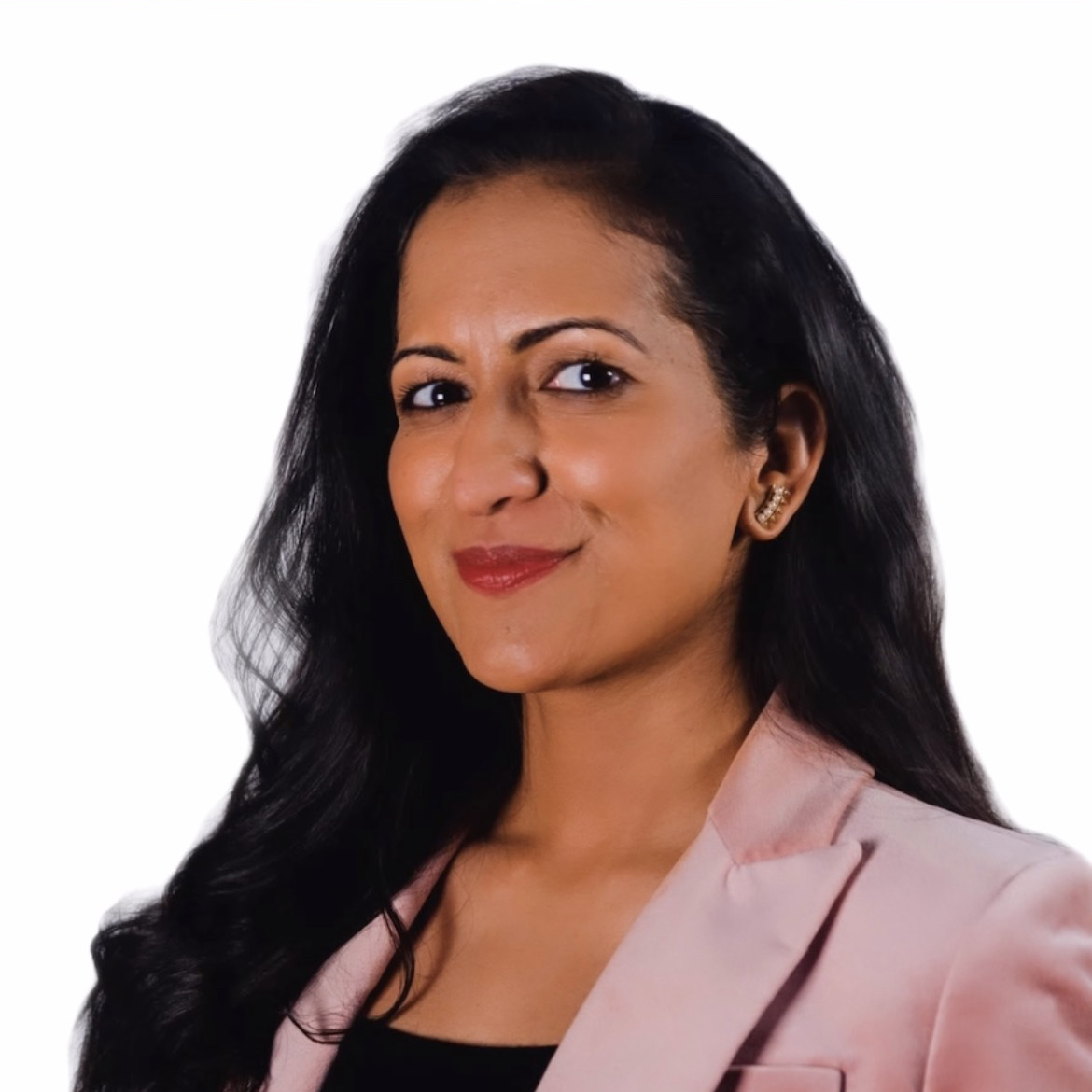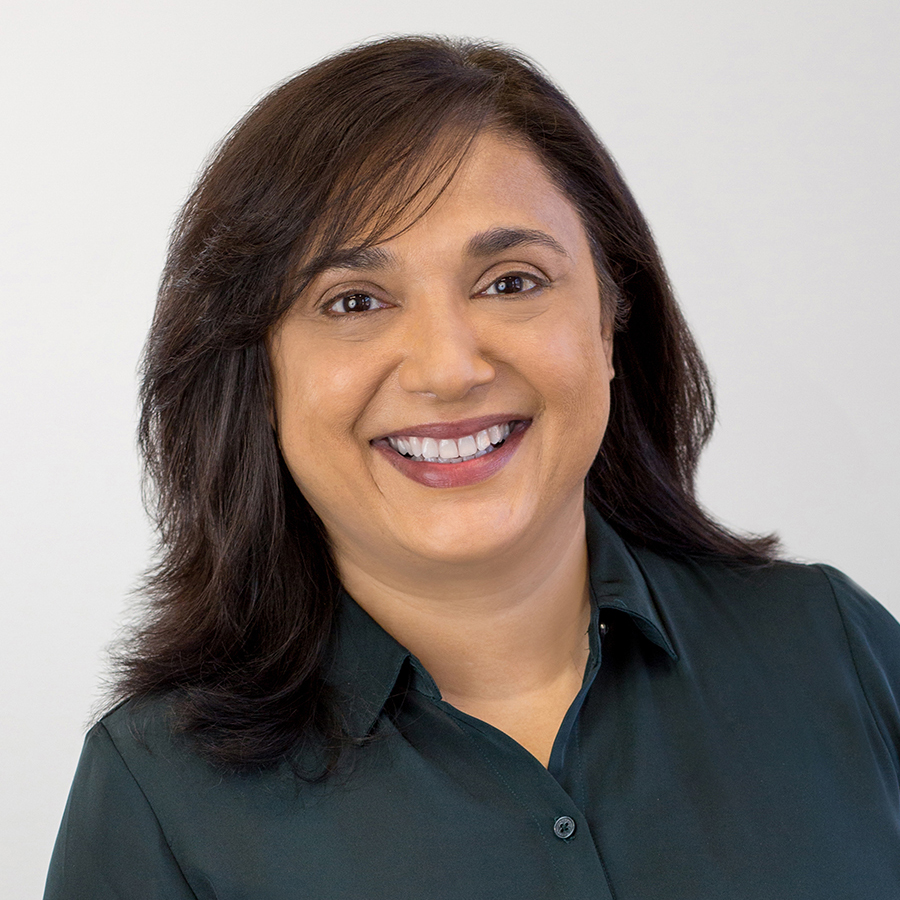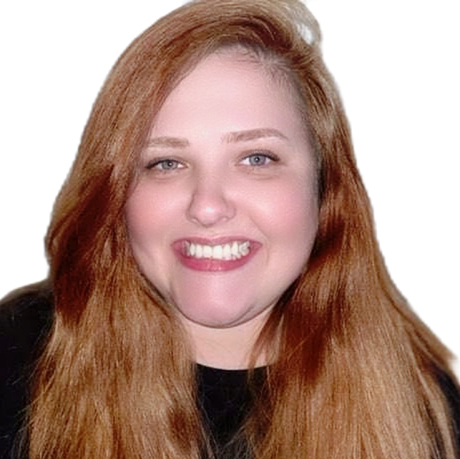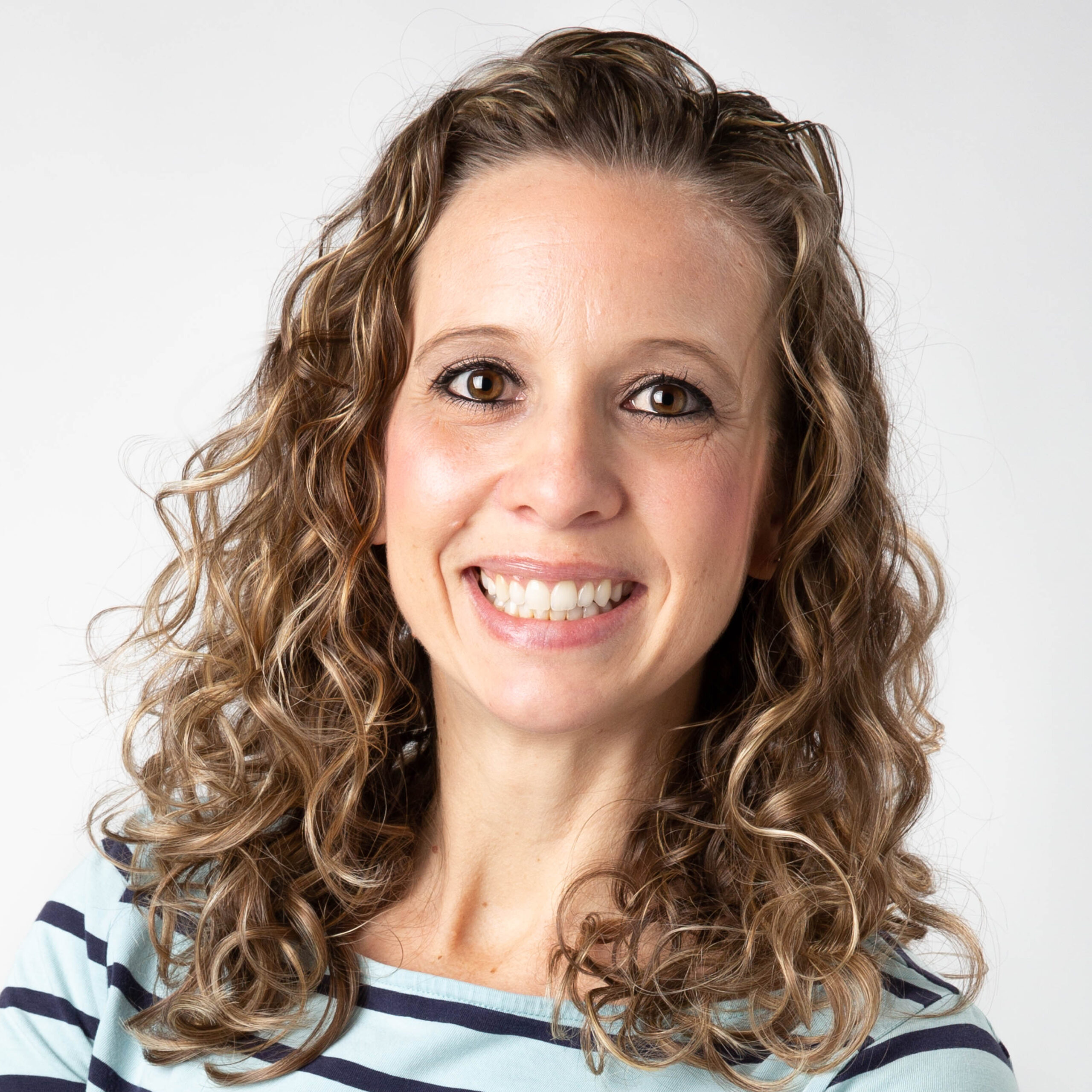May 19, 2020 by Daniel Kriozere
Last week I had the pleasure to talk to Daniel Weisfield, one of the Co-Founders at Three Pillar Communities, a values-driven real estate investment company that delivers green, affordable, factory-built homes at scale. Three Pillar Communities is a Top 50 owner of manufactured housing communities in the U.S., with 29 communities in 5 states serving 7,000 residents. Prior to founding Three Pillar Communities, Daniel worked at the U.S. State Department and at McKinsey & Company, where he advised leading companies on strategy and operations and authored a major report on how to close California’s housing gap. Daniel’s research on real estate and affordable housing has been featured by The New York Times, the Urban Land Institute, and The Wall Street Journal. He holds a JD/MBA from Yale and lives in Oakland, California.
Can you give a description of your background and how you became a co-founder?
I got the entrepreneurship bug from my family. I’m a first-generation American. My grandfather, Gideon Goldstein, is a smart, scrappy, extremely entrepreneurial guy who immigrated to the U.S. with nothing. He figured out how to make a living by buying wrecked cars at the junkyard in Seattle and fixing them in his backyard. Eventually he saved up enough money to open a car repair business. After that he saved up enough money to buy some real estate. I used to work with him in the summers. It was my grandfather who taught me how to be scrappy, how to have a dream, and how to work hard to achieve it. He’s a huge believer that anything is possible in America.
How did you come up with the idea for Three Pillar Communities?
When I was working at McKinsey I had the opportunity to work with our internal think tank, the McKinsey Global Institute, to author a big report investigating why housing is so expensive in California, and proposing what we would have to do in order to close the housing gap. I realized that having a safe, affordable roof over your head is one of the most critical social issues of our time. And I realized I didn’t want to just talk about these issues — I wanted to do something about it.
How does Three Pillar Communities differ from other real estate investment companies?
First of all, we are a mission-driven, for-profit company. We have a two-part mission, which is to deliver safe, reliable housing to our residents and safe, reliable returns to our investors. We believe we only succeed when we do both those things. So, we take our social mission extremely seriously, while also delivering great returns to our investors.
The second differentiator is the product. We build all of our homes in a factory. We provide manufactured homes in high-quality manufactured housing communities, which are also known as mobile home parks. Because we build our houses in a factory, we can deliver high-quality, sustainable homes faster and cheaper than anyone who is using conventional construction methods. We can help a family get into a brand new, energy efficient 3 bedroom, 2 bath home for $70,000.
Finally, we are hugely different from most real estate investment companies insofar as we buy properties in order to hold them forever. This allows us to think like long-term owners, to ride out economic cycles, and to re-invest capital into our communities, which directly benefits our residents. I don’t understand why most investment companies have a 5 year or a 7 year hold period. We believe the best way to invest in real estate is to buy great assets in great locations, continuously improve them, and hold them generationally.
How is Three Pillar Communities making an impact?
We have three social impact pillars:
– We preserve and upgrade the supply of affordable housing.
– We help our residents build wealth through affordable home ownership.
– We protect the planet by getting people into sustainable factory-built homes.
How has the COVID-19 outbreak impacted Three Pillar Communities? How do you see these changes impacting the company and the business model both in the short and long term?
We are in growth mode. Demand for truly affordable housing is higher than ever. We are actively acquiring new communities in the Western U.S.
We are also developing an in-house home lending business to enable home ownership for underserved homebuyers, especially Latino homebuyers in the U.S. who have great down payments and great household income but are “locked out” of homeownership by the conventional mortgage lenders.
As an entrepreneur, have you had any “a-ha” moments that you wished you had earlier?
Actually, yes. Running a fast-growing company, there are always a million things to do, and I always say I need to delegate more. Well, when my second child was born, I took several weeks of paternity leave, with basically no work calls or emails…and during that time, I actually delegated everything to my team. And you know what? It was great. I am blessed to work with an amazing group of people, and while I was gone, they ran the company like champs. I joked that they probably ran it better without me getting in their way. So, the “a-ha” moment for me was realizing that I’d always been scared to let go of the operational details, because I wanted to have control. But to my surprise, stepping away from the nitty-gritty operational stuff felt liberating. I’m a big picture person, and I realized that I should focus on what I’m best at — which is strategy and growth — and rely on my team to do the other things that I’m not good at, but that they are really good at.
For our readers looking for jobs amidst the crisis, do you have or know of any opportunities?
We currently have opportunities for people with hustle who want to help us find new properties to acquire. We pay substantial success-based commissions for that. In the near future, we may also have salaried management positions opening up for people who have experience managing projects and teams, especially in a real estate/infrastructure/construction context.

